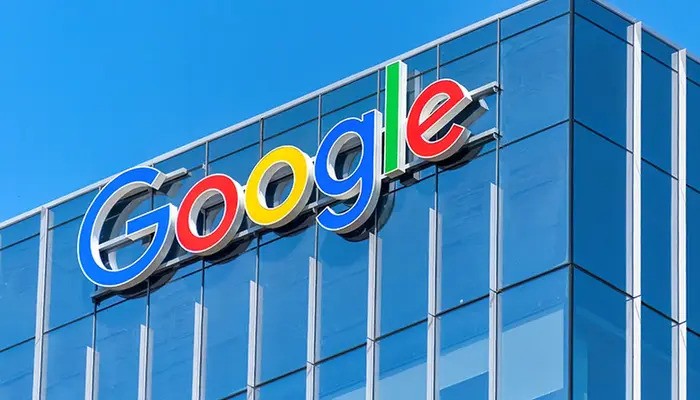Google Denies Massive Gmail Hack Claim

Gmail security came into focus this week after reports of a massive hack targeting 2.5 billion user accounts circulated online. Google quickly dismissed the claims as false, stressing that no such breach had occurred and reaffirming its commitment to protecting user data.
False Alarm on Gmail Accounts
The rumors suggested that Gmail had issued an urgent alert urging all users to change their passwords after an alleged compromise linked to a Salesforce breach. However, Google confirmed that the notice was fake.
Company officials stated that the Gmail security systems remain robust and effective against cyberattacks. They emphasized that the false claim caused unnecessary panic and risked undermining user trust.
Google’s Strong Defense
Google reported that Gmail’s security filters block more than 99.9% of phishing and malware attempts daily. These protections, the company said, continue to keep billions of accounts safe.
“Security is such an important item for all companies, all customers, and all users,” the company wrote in its official blog post. “Our teams invest heavily, innovate constantly, and communicate clearly about the risks and protections we have in place. Accuracy in this space is crucial.”
The statement highlighted Google’s ongoing efforts to stay ahead of evolving cyber threats. The company urged users to rely only on official updates for accurate security information.
The Salesforce Connection
The false Gmail warning came shortly after Google confirmed a separate security incident tied to Salesforce databases. Hackers reportedly used voice phishing tactics to target certain Salesforce customers, including some Google clients.
Although that breach did involve real data compromises, Google clarified that it was limited in scope and unrelated to Gmail. Linking the Salesforce campaign to a global Gmail compromise, the company said, was misleading and inaccurate.
Rising Trend of Fake Alerts
Cybersecurity experts warned that fake security alerts are becoming a tactic in themselves. Hackers often spread false warnings to create fear and trick users into clicking malicious links or sharing personal data.
In this case, the fabricated Gmail warning could have pushed users toward fraudulent websites designed to steal login details. By playing on users’ fear of losing access to their accounts, cybercriminals can manipulate people into handing over sensitive information.
Importance of Trustworthy Sources
Google reminded users to verify all security alerts through official channels, such as the Gmail app or account settings. The company stressed that it does not rely on third-party websites or mass messages to inform users about breaches.
Industry analysts also highlighted the role of digital literacy in combating misinformation. They argued that knowing how to spot fake alerts is as important as having strong technical defenses.
Read: SpaceX Debuts New Falcon 9 with Starlink Launch
Broader Cybersecurity Context
The Gmail security scare comes at a time when cyberattacks worldwide are on the rise. Phishing campaigns, ransomware, and social engineering tactics are becoming more frequent and sophisticated.
Organizations, from small businesses to tech giants, face growing pressure to secure their data against global cybercrime networks. In this landscape, false claims about major breaches can cause just as much disruption as real attacks.
Google’s Preventive Measures
To reassure users, Google outlined several measures it employs to safeguard Gmail accounts. These include advanced AI systems that scan billions of emails daily, two-step verification, and continuous monitoring for suspicious activity.
The company encouraged users to activate multi-factor authentication and conduct regular account security checks. Such practices, combined with Google’s defenses, provide a layered shield against unauthorized access.
Industry Reaction
Security professionals welcomed Google’s swift response in debunking the false report. They noted that delay in clarifying the situation could have allowed cybercriminals to exploit confusion.
At the same time, experts urged greater collaboration between technology firms, media outlets, and cybersecurity organizations to stop the spread of false security news. Clear communication, they said, is vital to maintaining public trust in digital services.
A Lesson for Users
For billions of Gmail users worldwide, the incident served as a reminder of the importance of vigilance. While the alleged massive hack was not real, the speed at which misinformation spread showed how quickly panic can set in online.
Users were reminded to double-check information, enable strong security settings, and remain alert to suspicious messages. In the digital age, the first line of defense often lies in the user’s awareness.
Follow us on Instagram, YouTube, Facebook,, X and TikTok for latest updates
